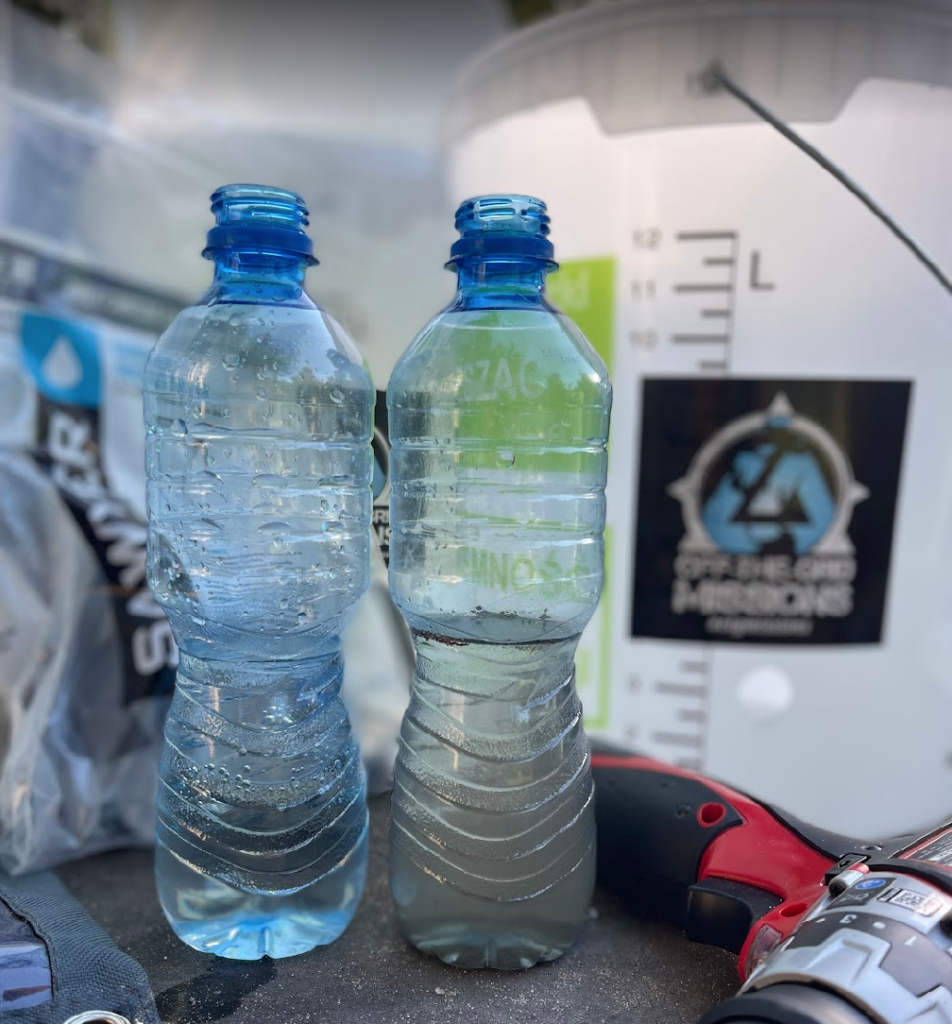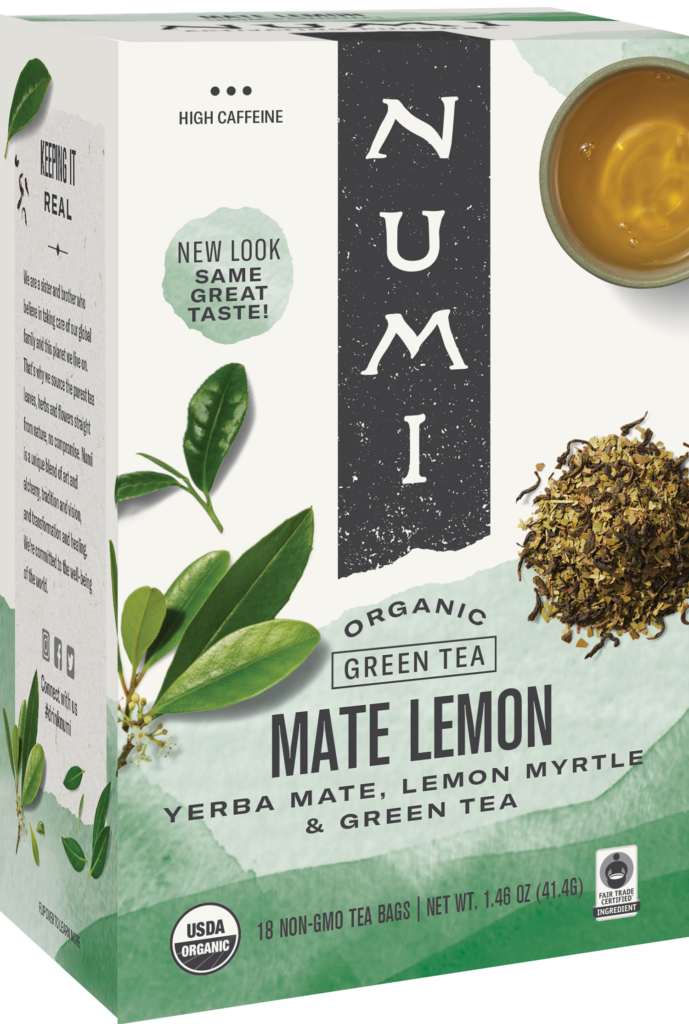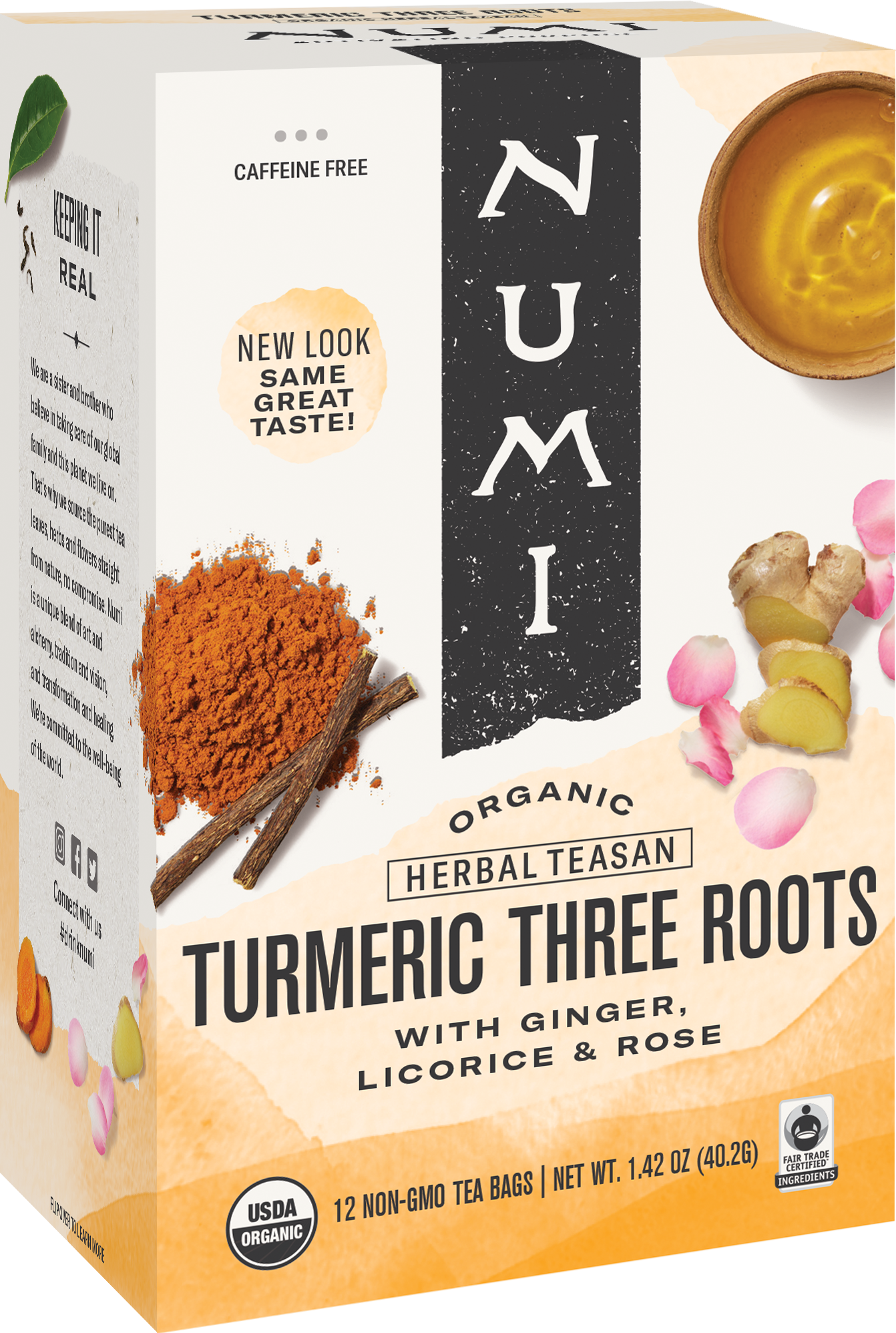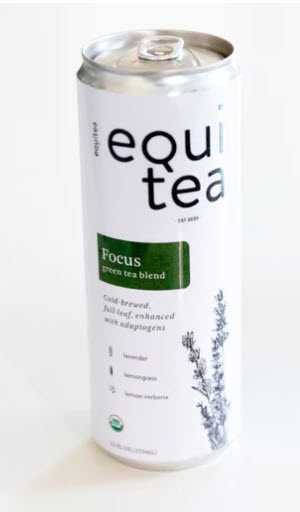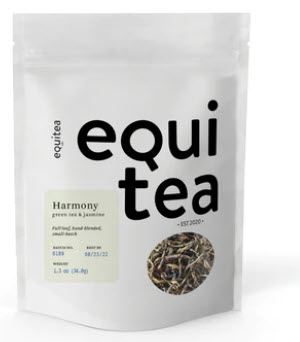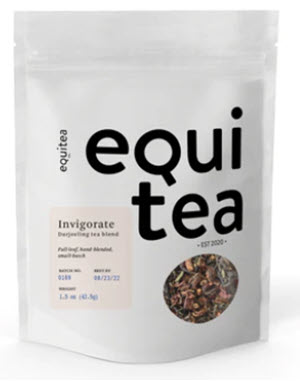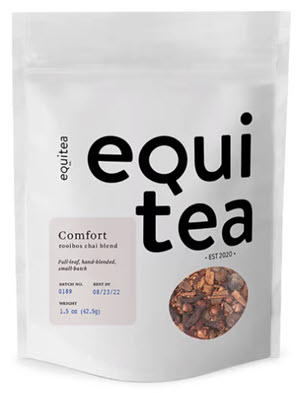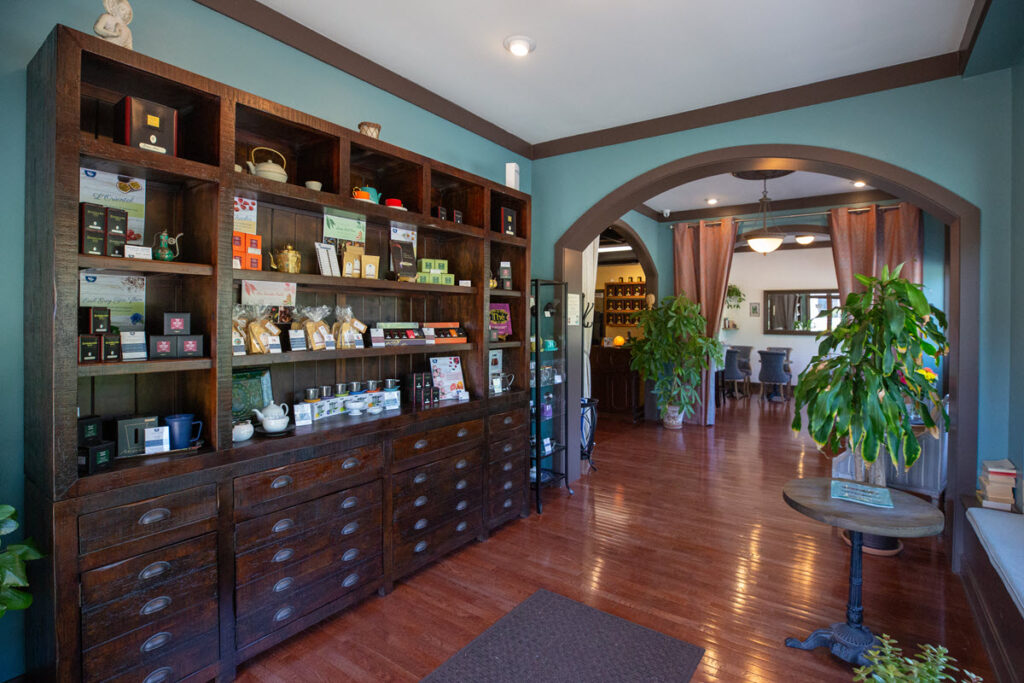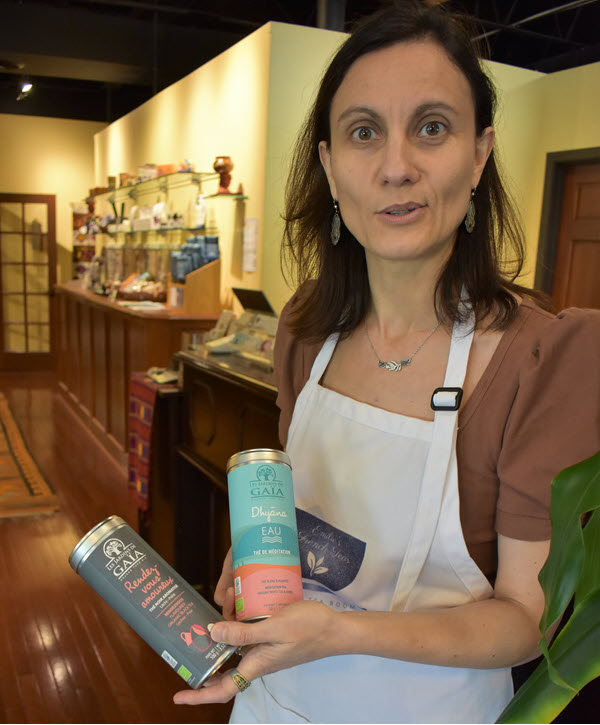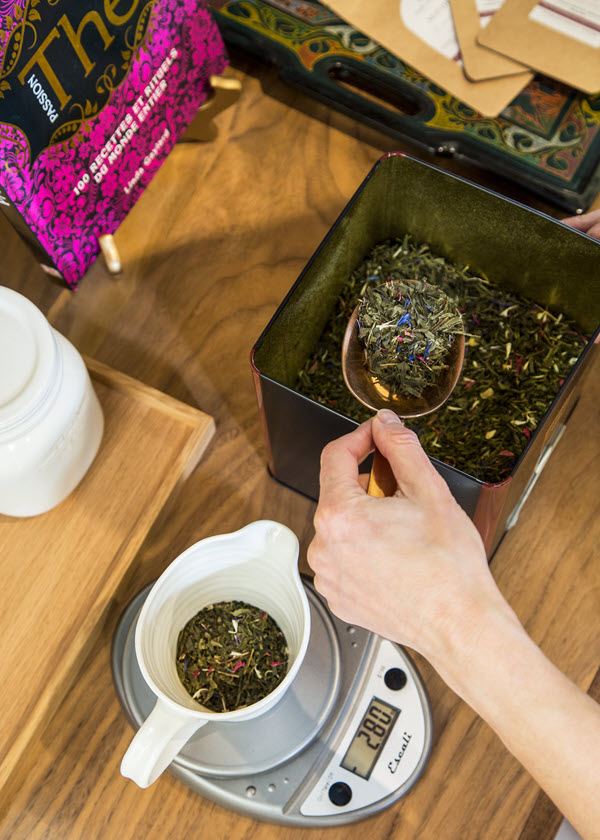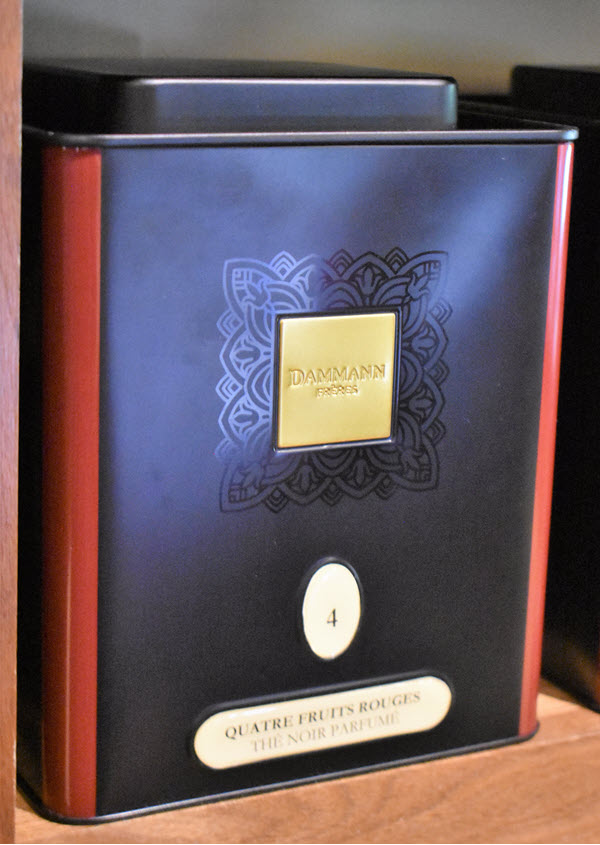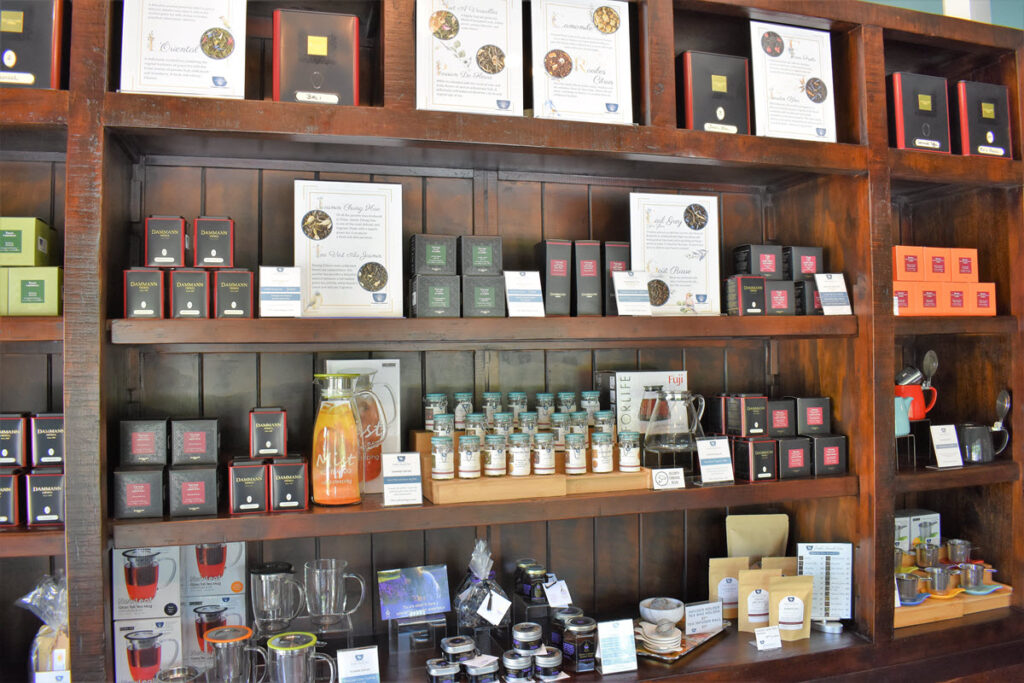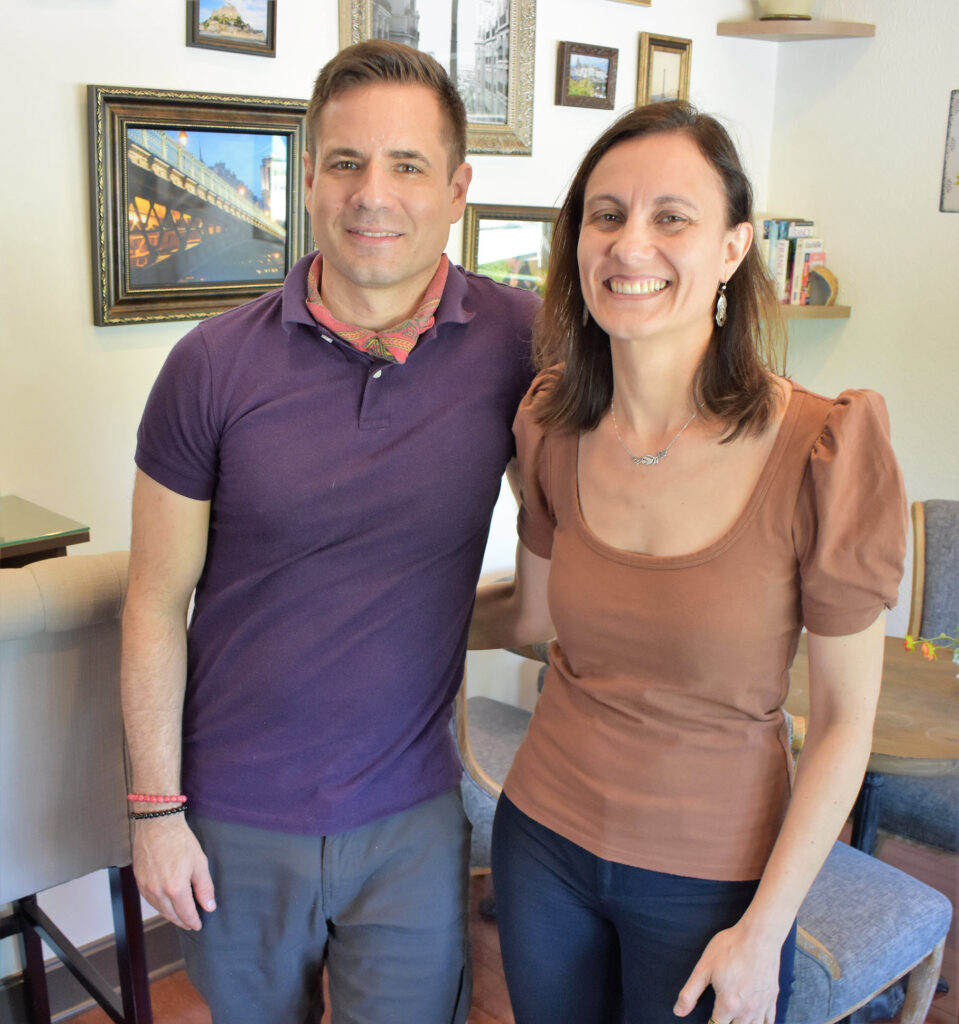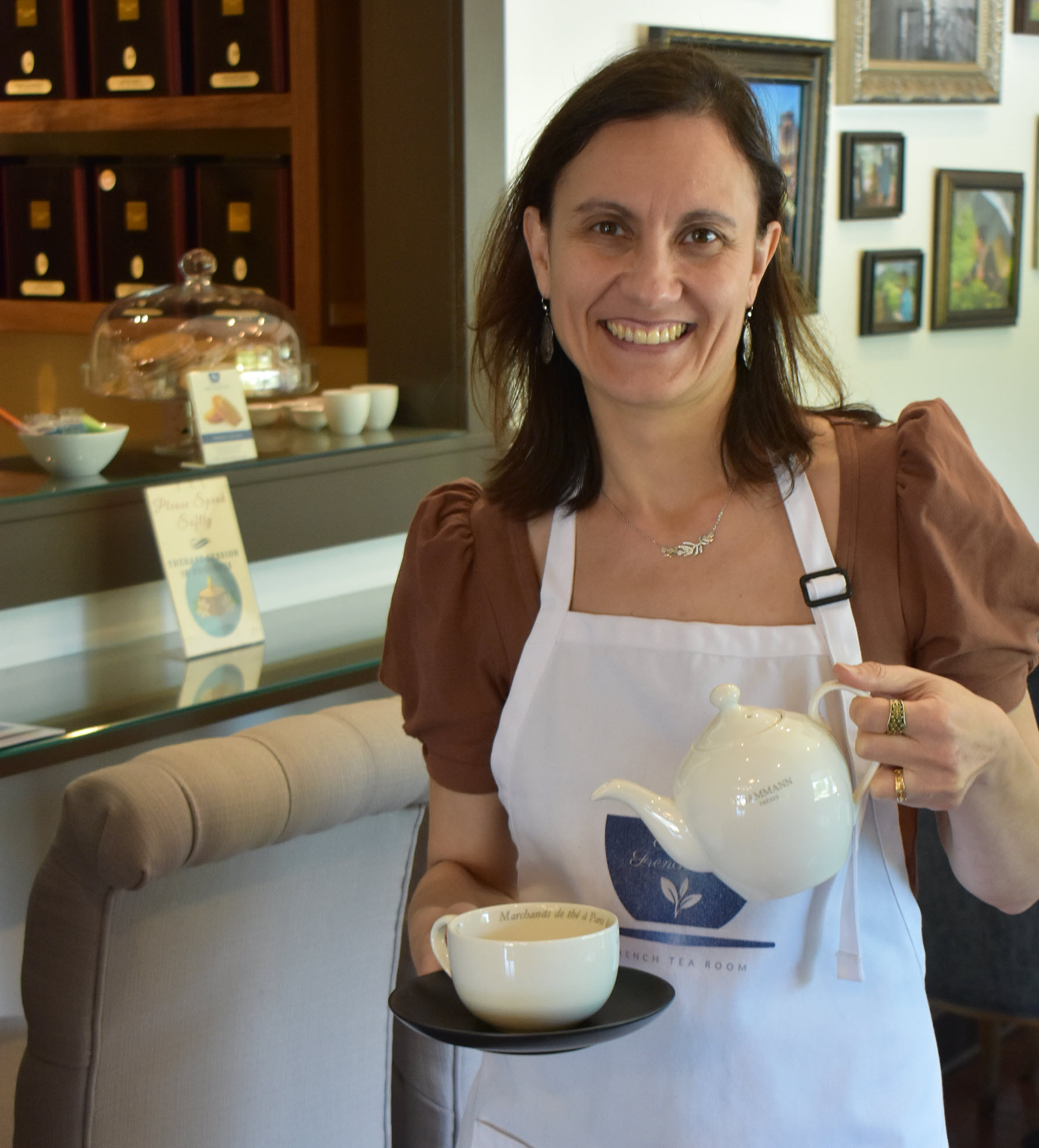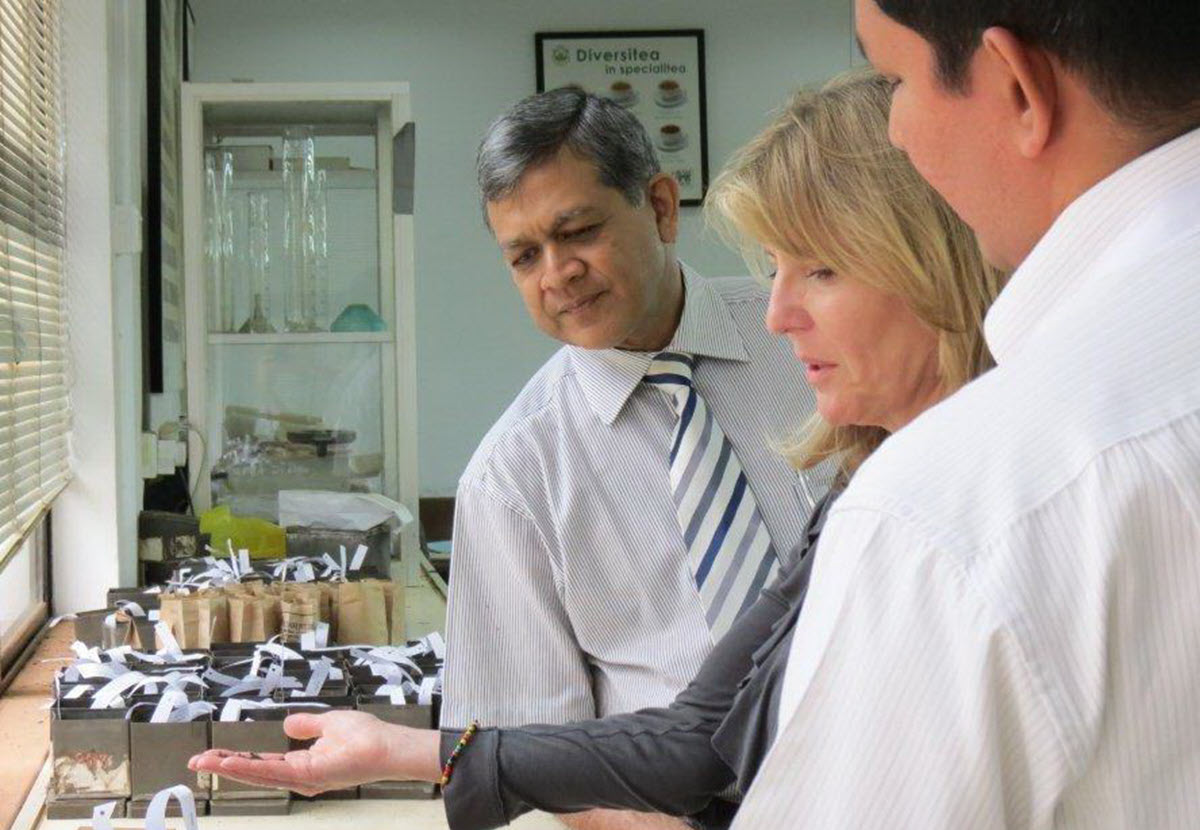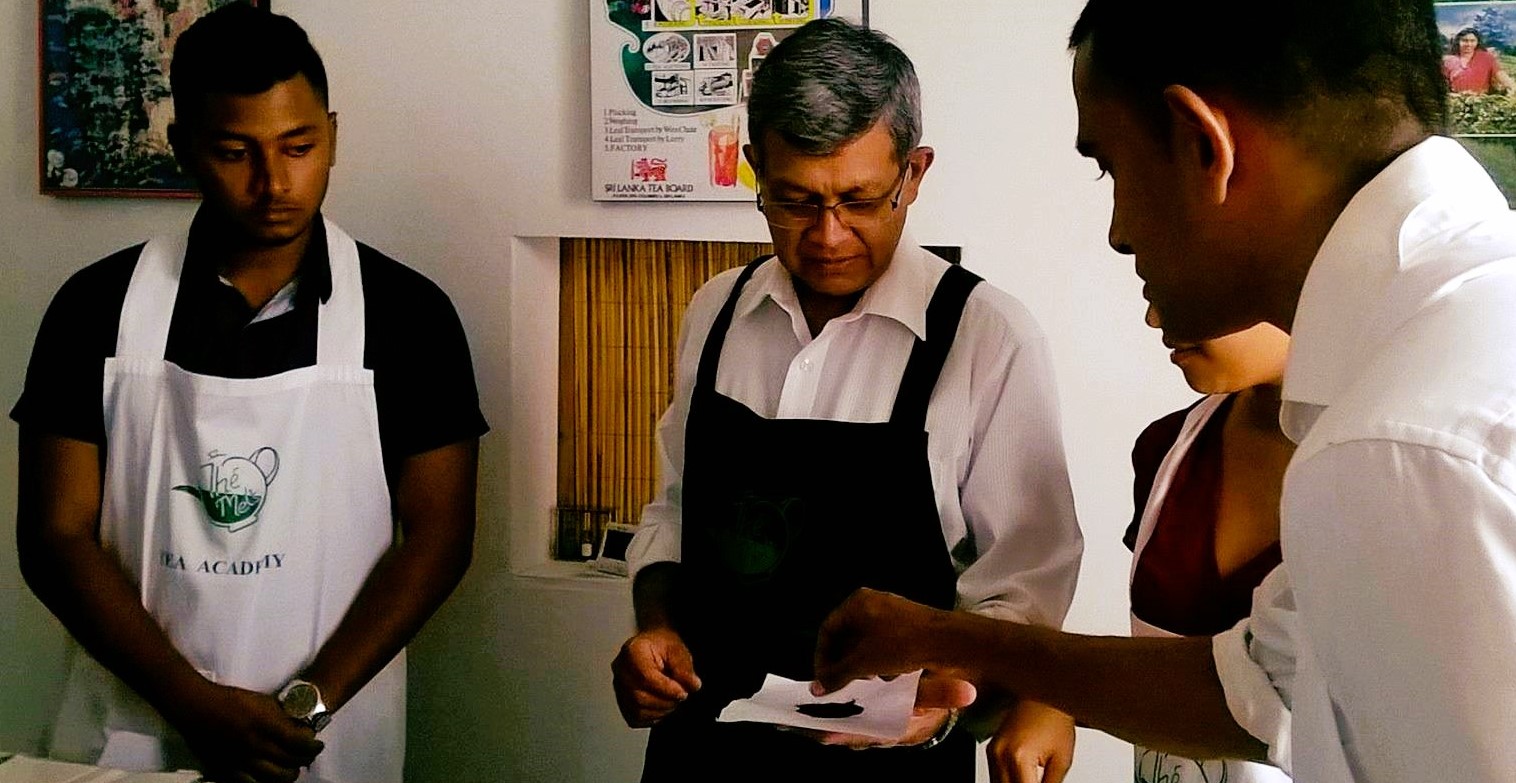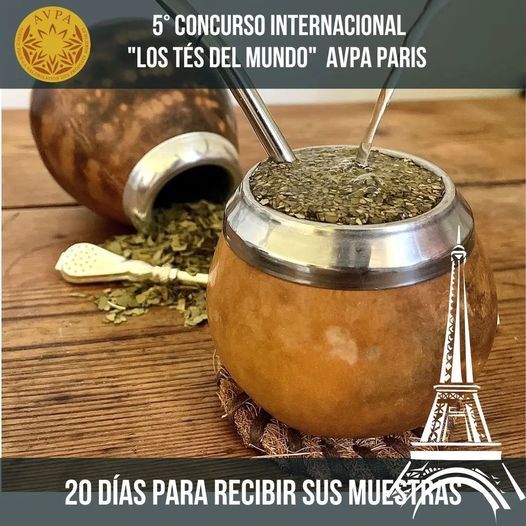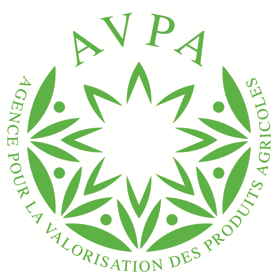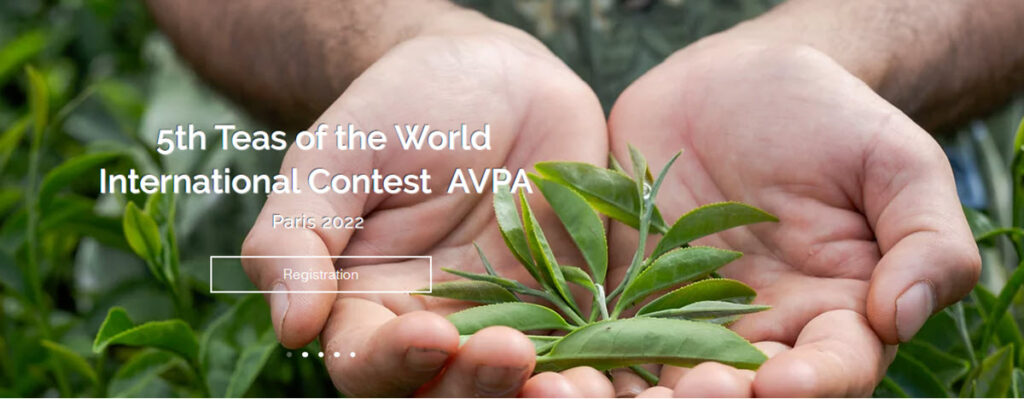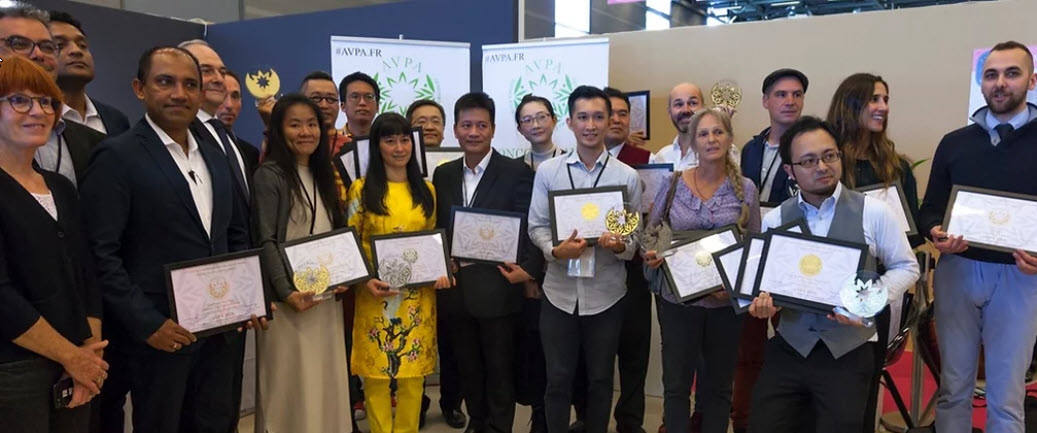Numi Tea Foundation distributes water filters, solar-powered devices to Ukrainians displaced by Russian invasion
Maybe you’ve seen the photographs: People drinking water from muddy puddles. Families crouching in pitch-black basements or caves, with nothing to light their hideaways.
These are the stories of millions of Ukrainians who have been displaced by the Russian invasion of their country. People have been forced to flee, leaving their families, friends, possessions. Their homes. Their homeland.
Oakland-based Numi Organic Tea wanted to do something to help. They have a foundation—the Numi Foundation—that supports the communities where they farm, as well as people in need in the San Francisco Bay area, where their head office is located.
Numi recognized that they have the resources, know-how, and connections to apply the clean-water work they’ve done in farming communities to help the people of Ukraine.
With the support of Numi tea drinkers, that’s exactly what they’re doing.
Numi has partnered with two organizations, Waves for Water and MPOWERD, to raise $1 million to provide clean, safe drinking water and solar-powered lights and charging devices to up to 550,000 displaced Ukrainians.
The Together for H2OPE – Ukraine campaign will use a network of trained people in Ukraine to distribute the filters and devices to people who need it most, and provide a little light and a little hope to people in the war-torn country.
Caption: An activist participating in Together for H2OPE – Ukraine adds a water filter to a bucket. The initiative aims to raise $1 million to distribute water filters to more than 550,000 displaced Ukrainians.
Photo credits: Angela Nardolillo
Listen to the interview

A conversation with Darian Rodriguez Heyman, Executive Director of the Numi Foundation
Jessica Natale Woollard: The Numi Foundation’s Together for H2OPE initiative is currently focused on bringing clean water to displaced Ukrainians in their country. But it’s not the first time the foundation has supported clean water initiatives. So — why water?
Darian Rodriguez Heyman: The short answer is that you can’t make tea without it.
Clean water and access to clean and safe drinking water is something we take for granted in this country. But more than 10% of the global population does not enjoy the same kind of access.
We started looking at access to clean water as a basic human right. It felt very relevant to the brand to make sure that people — especially the residents of our Numi farming communities — have access to the same clean and safe drinking water that we enjoy here.
“Numi is unique in that we know the exact farm that 89% of our ingredients come from.”
– Darian Rodriguez Heyman
Jessica: So when you heard about the terrible war in Ukraine, you decided to apply your experience helping give Numi farming access to clean water to the Ukrainian people?
Darian: That’s exactly right.
We had built up some expertise around fundraising, around project management, around finding the right partners to get clean water projects executed at scale and quickly in, for example, Madagascar, South Africa and India.
When the Russian invasion happened, we heard about not only the five million refugees, but the seven million Ukrainians who were displaced and still trapped in the country — living in subways and in basements, and having to drink water out of dirty puddles and streams. We heard that access to clean water was one of the top needs for the Ukrainian people because of the war. It was something we felt compelled to act upon.

Jessica: Is Together for H2OPE focused on those displaced Ukrainians still in the country of Ukraine?
Darian: Historically, the program has been focused on Numi farming communities specifically, but in this case we’ve repurposed the program and our network and expertise.
We’ve lined up partners specific to the Ukraine project that have relevant expertise. We’ve already started raising money; we’ve raised over $150,000 so far, which has enabled us to serve over 79,000 Ukrainians.
But we’re not even close to done. The goal is to raise a million dollars and to help over 550,000 Ukrainians who are still trapped in country but displaced from their homes. We want to provide them access to clean and safe drinking water, but also clean solar-powered lighting as well as power so they can charge their phones and other devices and get access to lifesaving resources.
Jessica: What equipment are you distributing to help clean the water?
Darian: It’s a very simple water filter that fits on a bucket.
It’s standard; it has no moving parts, no electronics, and the typical water filter will last for 20 years. It’s good for over a million gallons without needing to be serviced or maintained. They’re built to be indestructible and perfect for a war-torn region and what’s happening in Ukraine right now.
The other product is the MPOWERD solar powered light and charging station. People can use the sun to charge it, and then they can plug their phones in. They can access a light so that when they’re underground they’re able to see what they’re doing.
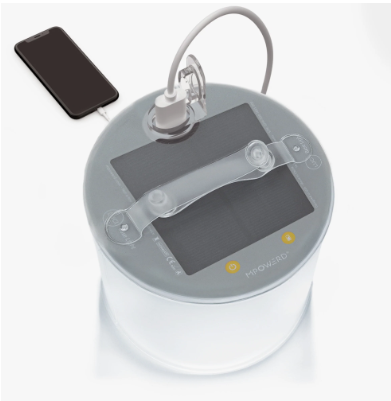
Jessica: How are you distributing these products on the ground in Ukraine?
Darian: We’re leveraging veterans as our boots on the ground.
The main implementation partner that we’re working with is Waves for Water, and they’ve been around for over a dozen years. They’ve worked in over 40 countries and helped over four million people access clean water.
Their primary workforce is veterans who have a unique set of skills; they’re very comfortable in fluid environments and in war-torn regions. They work after natural disasters, after Haiti, in New Jersey, after Hurricane Sandy, where I grew up.
But they also worked in Afghanistan and places like that. They’re pretty comfortable diving, literally diving in, and getting the product to the borders.
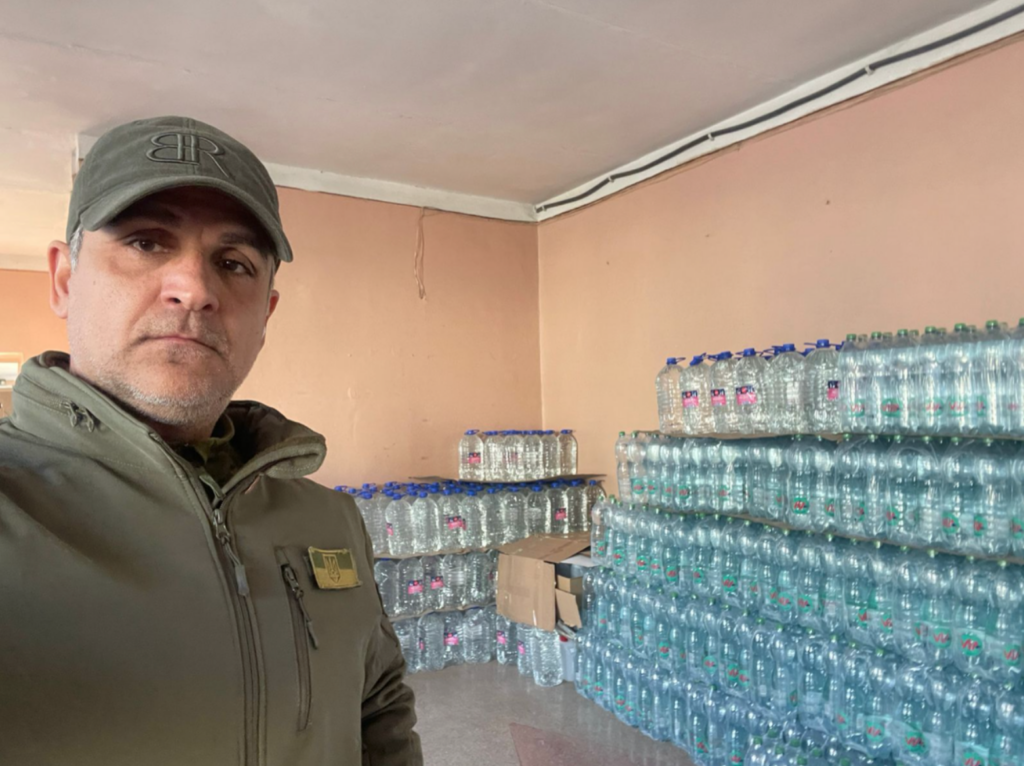
Jessica: I understand that every time someone purchases Numi Organic Tea, they are contributing to initiatives like Together for H2OPE — because the company diverts some of its profits to the foundation.
Can people contribute to Together for H2OPE any other way?
Darian: Aside from buying Numi Organic Tea, which they’re always welcome to do, we are inviting donations. We’re primarily directing those through Waves for Water.
Jessica: Any final thoughts?
Darian: Tea is a vehicle; it’s a platform. And Numi Tea firmly believes it’s a platform for mindfulness, for intentionality, and for ultimately creating the life in the world that we want to see, not only for ourselves, but for those around us.
Tea, by nature, is a communal drink. We’d love to see as many tea drinkers as possible join us in the effort to build a better world and make sure that each and every Ukrainian who’s been displaced from their home, whether they are a refugee and had to flee, or whether they’re still in the country, that they have access to the resources and support they need to rebuild their lives and rebuild their country.
This interview has been edited and condensed.
Share this post with your colleagues.
Sign up and receive Tea Biz weekly in your inbox.
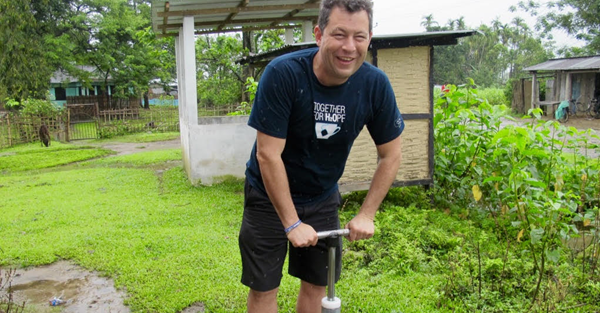
Never miss an episode
Subscribe wherever you enjoy podcasts:

